11 Foods that Affect Your Digestion and Lead to Constipation


Written and verified by the pedagogue in physical education and nutritionist Elisa Morales Lupayante
While fiber-rich foods can be a viable temporary solution, when we stop eating them, digestion complications will reappear. If your body goes back and forth in this process too often, your digestive tract might act up and fail to breakdown food as it normally would.
Why do some foods affect your digestion and cause constipation?
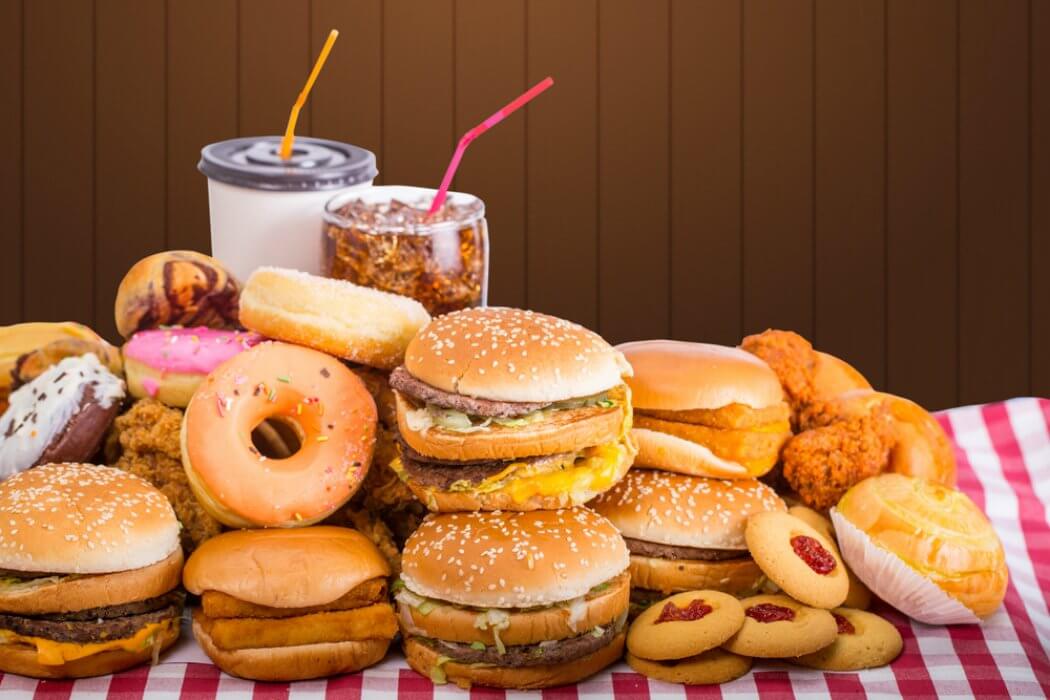
In many cases, constipation occurs because people eat foods that are difficult for the body to digest. These foods tend to be made up of:
- Saturated fats,
- Sugar,
- Carbohydrates,
- Low quantities of water.
These characteristics are especially the case for foods such as the following:
1. Milk
Since milk is a food product that has high levels of fat, lactic acid and lactose, it can easily become the culprit of your constipation.
Among the people who suffer from frequent constipation, milk often results in:
- Stomach discomfort,
- Gas,
- Abdominal pain.
2. Red meats and constipation
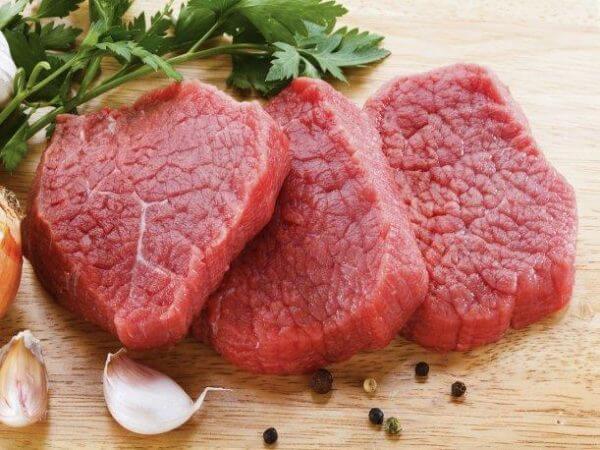
Red meats are a food that have low levels of fibers while having high levels of fat. The combination makes it quite difficult for the body to digest.
On a further note, meat contains protein fibers, which are very difficult for the body to process.
3. Cheese
Just as in the case of milk, cheese is a food that contains:
- Lactic acids,
- Lactose,
- High levels of fat.
Its components make cheese difficult to digest for people who suffer from constipation.
4. Caffeine

It’s normal for caffeine-enthusiasts to suffer frequent bouts of constipation and cystitis because caffeine leads to considerable dehydration.
5. Fried foods
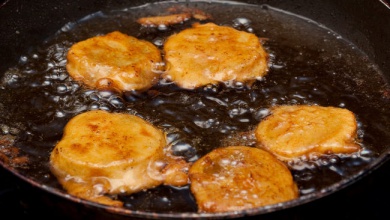
In addition to offering no kinds of benefits for the body, fried foods often have high levels of saturated fats.
Saturated fats cause foods to move slowly along the digestive tract.
You might be interested in reading: The Healthiest Alternatives for Unhealthy Foods
6. Sugar
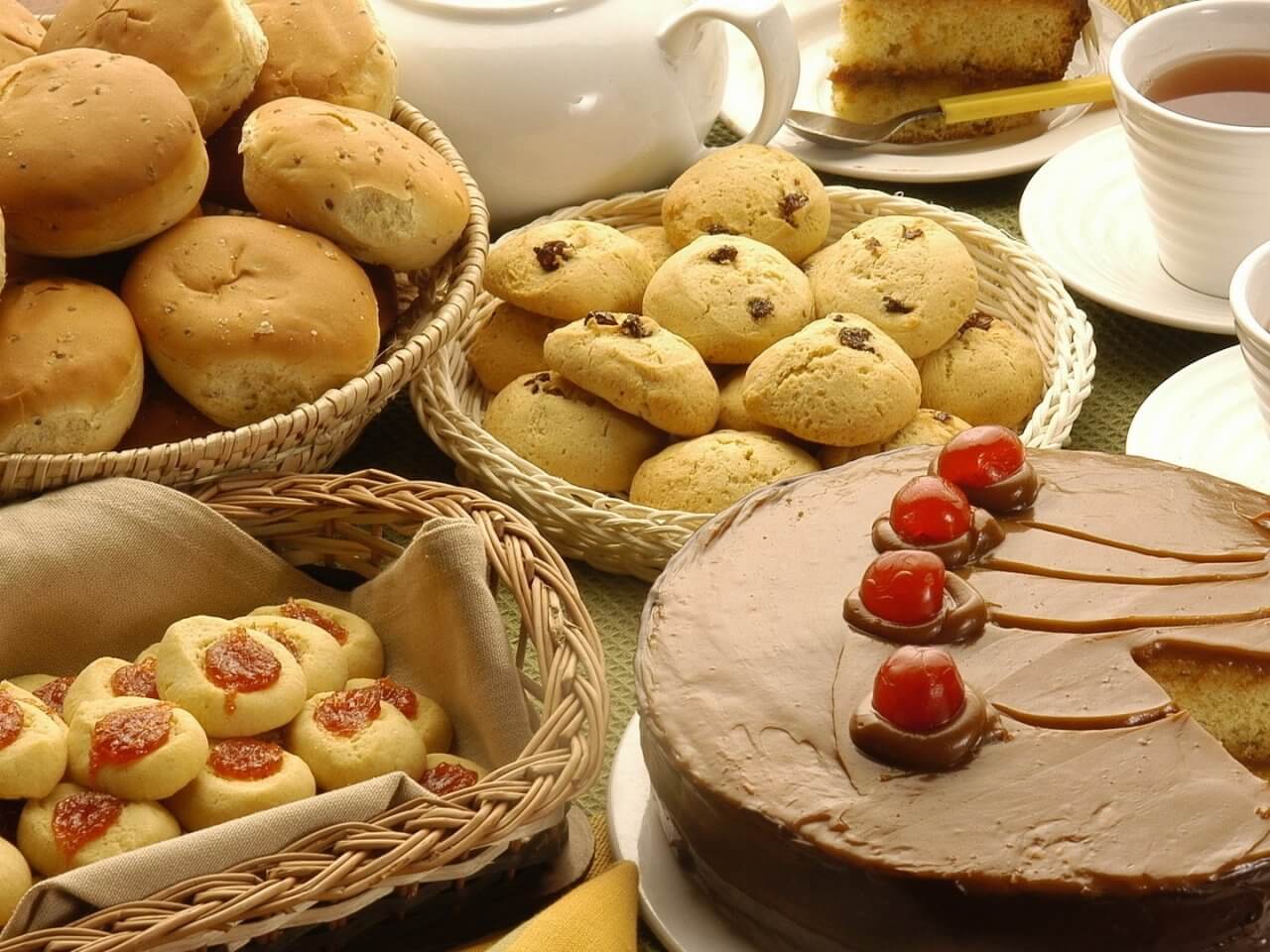
Sugar, whether it’s just a dusting or an actual ingredient, can usually be found in foods such as:
- Cake,
- Cookies,
- Carbonated beverages.
These sweet treats tend to contain high fat levels and lack fiber and water, making it a food that we should avoid in our daily diet.
7. Eggs
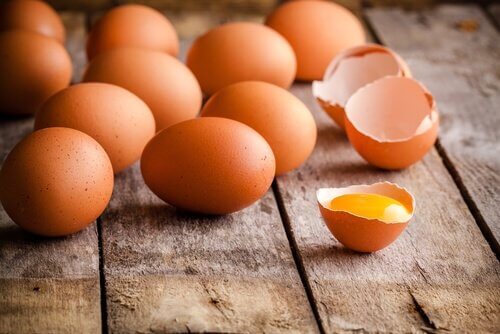
Despite boasting several benefits for the body– such as vitamin C, folic acid and vitamin B12— if you surpass a healthy intake amount of eggs, they can lead to constipation.
You shouldn’t eat more that 7 eggs throughout the timespan of a week.
8. Chocolate

Chocolate is one of those foods that people with constipation should avoid eating because it doesn’t only have a high fat content, but it might even contain caffeine.
The combination of these compounds leads to dehydration, which further hinders digestion.
9. Bananas
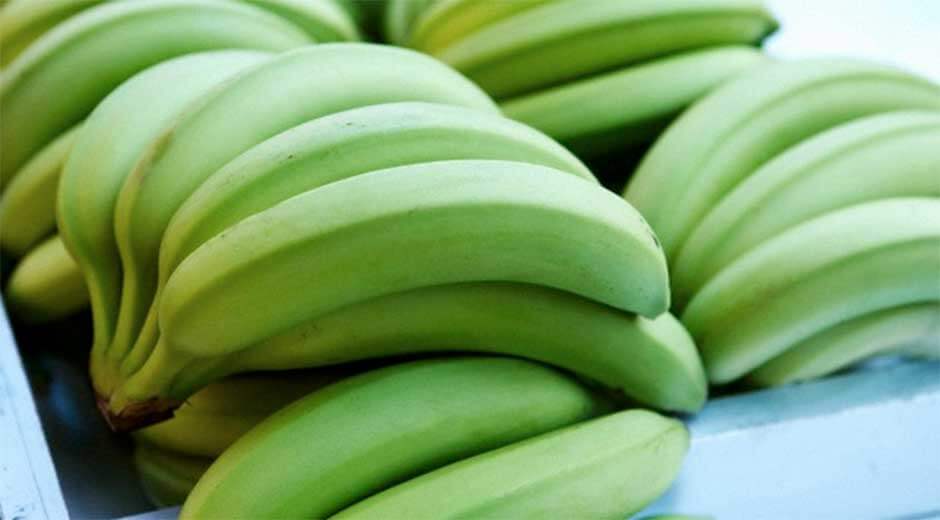
If bananas are still green, they’ll release gas during digestion that can accumulate in the intestines. These gases may cause inflammation in the digestive tract, which can eventually leave to constipation.
10. Alcohol

Although alcohol isn’t considered a food, many people consume it frequently.
The problem with alcohol is that it doesn’t only cause dehydration. In addition, it also forces your body to recuperate the fluids by absorbing directly from the intestine in order to keep the most important organs hydrated.
Lastly, your intestine will be less hydrated, which will lead to its inflammation and afterwards, to constipation.
You might be interested in: 6 Signs of an Alcohol Addition
11. Cornstarch
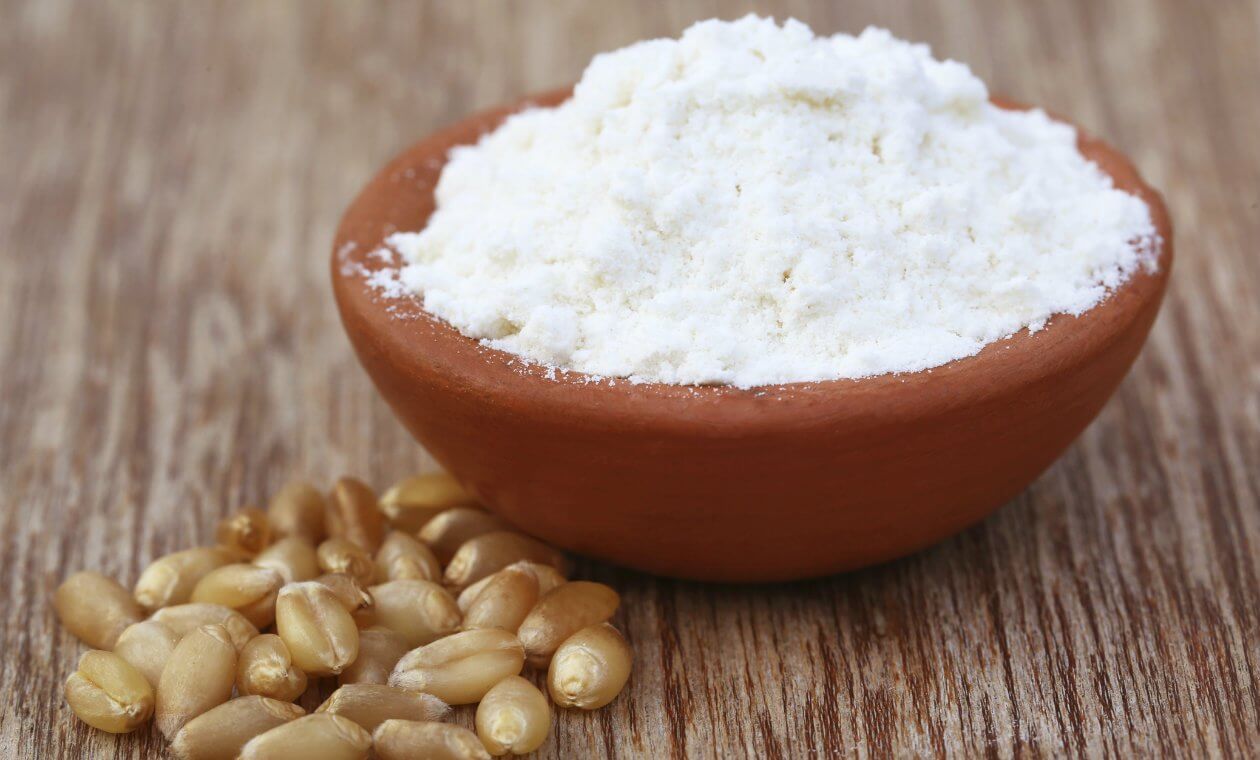
Cornstarch is also one of the food products that can cause constipation.
In the case of the food product, cornstarch is a refined grain that can worsen the situation when consumed by someone who already suffers from problems with constipation.
At the same time, cornstarch also has astringent properties that can absorb the water in the intestine.
If you’re one of the people that frequently suffers from constipation, you shouldn’t eat cornstarch more than once a week.
In order to relieve the symptoms that result from constipation and prevent it from reoccurring, we suggest that you follow a balanced diet that’s rich in fiber, unsaturated fats and that you drink plenty of water as well.
All cited sources were thoroughly reviewed by our team to ensure their quality, reliability, currency, and validity. The bibliography of this article was considered reliable and of academic or scientific accuracy.
- Chen, L. B., Liu, H. Z., Yu, P., Zhao, J. Y., & Chen, X. (2009). Determination of Acrylamide in Foods by Solid Phase Microextraction-Gas Chromatography. Food Science and Biotechnology.
- Rock, M., McIntyre, L., & Rondeau, K. (2009). Discomforting comfort foods: Stirring the pot on Kraft Dinner® and social inequality in Canada. Agriculture and Human Values. https://doi.org/10.1007/s10460-008-9153-x
- Müller-Lissner, S. A., Kaatz, V., Brandt, W., Keller, J., & Layer, P. (2005). The perceived effect of various foods and bevereges on stool consistency. European Journal of Gastroenterology and Hepatology. https://doi.org/10.1097/00042737-200501000-00020
This text is provided for informational purposes only and does not replace consultation with a professional. If in doubt, consult your specialist.








